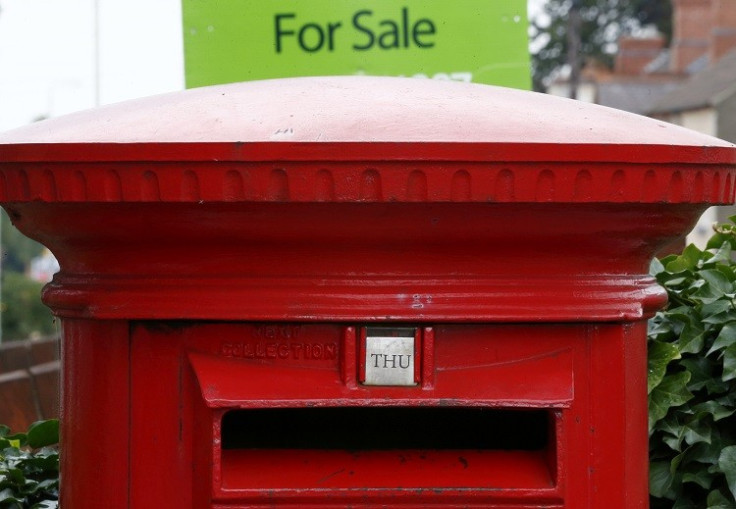Why Royal Mail Shares May Begin to Struggle

For a company that has such great and interesting potential for the future, a disproportionate percentage of the stories written about Royal Mail focus on the past – specifically the price at which the UK government set the IPO.
From the early days of the IG grey market before the shares started trading, through to its first couple of weeks on the London exchange, investors have seen potential in what they believe is an undervalued company.
It is worth remembering that the UK government still holds a 30% stake in the company. No doubt the government would have liked to be in a position to plan for the sale of the balance, but this seems less than likely given the current political environment.
Issues that have historically hung over the company have been the union's strength in the company's workforce and the inefficiencies that the company has when compared to the likes of Deutsche Post.
However, while cost-cutting – and subsequent job losses – may have been an obvious move to bring about improvement, as a government-run company this would have been difficult prior to flotation.
A workforce of over 150,000 was seen as bloated by the markets and a 1,600 reduction so far looks to be just the start of the reorganisation that is required, especially with a target of £50m in cost-cutting this year.
The two largest parts to the business are the postal and parcel delivery services. As technology has improved, communication has increasingly taken the form of more instantaneous e-mail and texting. This has seen the volumes of letters decrease on an annual basis, though the company has still had to maintain the majority of the infrastructure.
In contrast, parcel deliveries have been increasing year-on-year as high street footfall has decreased and online shopping (and subsequent delivery) has increased. Blessed with an extensive infrastructure and delivery service already in place, Royal Mail should be well-placed to take advantage of this change in the years to come.
Although the majority of press coverage has focused on the poor judgement shown by Vince Cable and his team on deciding an IPO price, the city has focused on the business outlook. Part of the reason that stocks were viewed with such a positive light was the guaranteed dividend and 6% yield that the 330p stock was offering.
Royal Mail's earnings will assuage concerns in the short term that the newly-privatised firm is struggling, but the longer-term outlook is certainly much cloudier.
The rise in profits is an encouraging sign, but revenue growth isn't keeping up, and the operating environment is only going to become more competitive from here onwards – hard choices will have to be made if it is to keep up in the parcel delivery arena.
The admission that universal service might not survive for ever is bound to provide ammunition for those looking to keep up the pressure on the government over the flotation.
Ironically, today's earnings could well be the moment when the shares begin to struggle – the initial enthusiasm has dissipated, and those post-IPO investors that are still holding on might decide the time has come to book their gains.
No mention was made of changes to dividends, but given this was one of the key attractions of the IPO future updates will be keenly watched for any suggestion that the dividend is under threat.
Alastair McCaig and Chris Beauchamp are market analysts at IG.
© Copyright IBTimes 2025. All rights reserved.





















